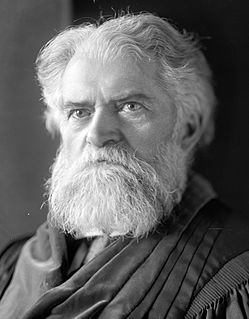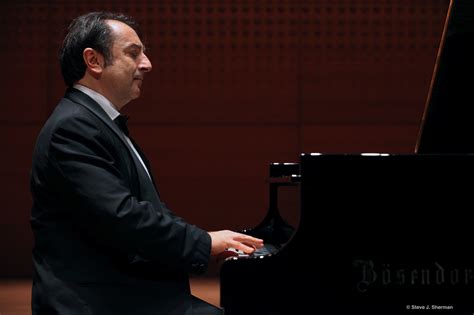A Quote by Dave Barry
If Mozart had power tools, there's no telling how great his music might have been.
Related Quotes
Mozart in his music was probably the most reasonable of the world's great composers. It is the happy balance between flight and control, between sensibility and self-discipline, simplicity and sophistication of style that is his particular province... Mozart tapped once again the source from which all music flows, expressing himself with a spontaneity and refinement and breath-taking rightness that has never since been duplicated.
For books [Charles Darwin] had no respect, but merely considered them as tools to be worked with. ... he would cut a heavy book in half, to make it more convenient to hold. He used to boast that he had made Lyell publish the second edition of one of his books in two volumes, instead of in one, by telling him how ho had been obliged to cut it in half. ... his library was not ornamental, but was striking from being so evidently a working collection of books.
I have been told that a young would-be composer wrote to Mozart asking advice about how to compose a symphony. Mozart responded that a symphony was a complex and demanding form and it would be better to start with something simpler. The young man protested, 'But, Herr Mozart, you wrote symphonies when you were younger than I am now.' Mozart replied, 'I never asked how.
Destiny, quite often, is a determined parent. Mozart was hardly some naive prodigy who sat down at the keyboard and, with God whispering in his ears, let music flow from his fingertips. It's a nice image for selling tickets to movies, but whether or not God has kissed your brow, you still have to work. Without learning and preparation, you won't know how to harness the power of that kiss.
Emile Saint-Blague had been a lively, versatile painter in his youth, but he had abused his energy by painting too many pictures; so that in what might have been the ripe period of his art he had nothing left but ideas. A man who has nothing left but ideas may be of great service to his friends, but he is of no use at all to himself. Emile was certainly an inspiration to his friends.
How few of us appreciate the fact that a very great deal of physical suffering in after life comes from bad mental training in childhood! I do not mean suffering of an imaginary kind; I mean disease which may entirely ruin a life which might have been of use to the world, and which surely would have been happier but for the lost health. Many a chronic invalid might have preserved his health had he been taught to use his brain properly when a child.
Classical music, fortunately or not, unfolds in time. It's not like a picture you can stare at for 10 seconds or 10 hours. You need the minimum amount of education and training, and society needs to find a way to study music - not only the performances, but how to compose, how to understand why Mozart was great at what he did.
I had a lot of time to myself, and I would listen to a lot of music, mostly music that I knew fairly well and had a relationship with. And I'd think, well, what is it that I've never been able to do that this person or people are able to do with this song? Why haven't I been able to do it, and what can they do that I wish I could do? And then I'd try to do that. I'd start each day getting into the songs, and I'd think about how I might get closer to this music that I love, but haven't been able to make before.
A young man, just beginning the study of musical composition, once went to Mozart and asked him the formula for developing the theme of a symphony. Mozart suggested that a symphony was rather an ambitious project for a beginner: perhaps the young man might better try his hand at something simpler first. "But you were writing symphonies when you were my age." the student protested. "Yes, but I didn't have to ask how."

































